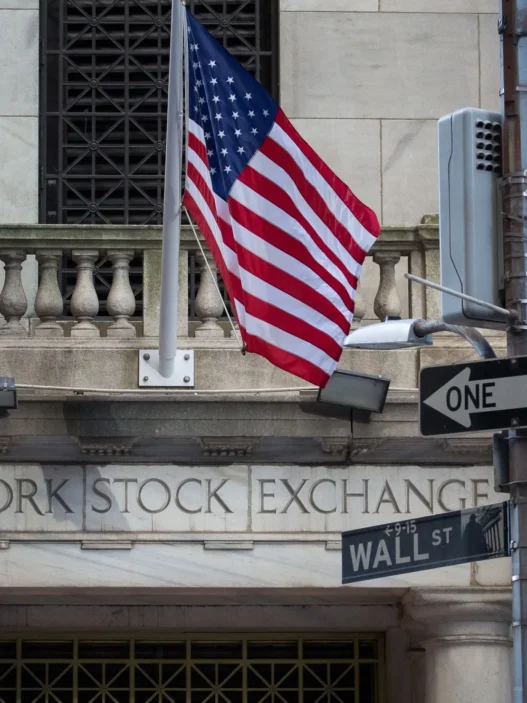The recent surge in cryptocurrency prices has done more than boost digital wallets—it has sent shockwaves through small-cap stock markets. Companies with even tenuous links to crypto, blockchain, or digital assets have seen sharp stock price gains in recent weeks. But alongside the excitement, regulators and market analysts are raising concerns about unusual trading patterns that suggest potential insider activity.
The Crypto-Stock Connection
As Bitcoin, Ethereum, and other cryptocurrencies surged in mid-2025, a subset of publicly traded small-cap firms experienced dramatic upticks in their stock prices. Many of these companies are directly involved in crypto mining, blockchain development, or providing digital payment services. Others, however, only mention cryptocurrency in investor communications or pilot small-scale initiatives.
For example, over a two-week period in July, several firms with limited crypto operations saw share prices spike between 30% and 50%. Trading volumes increased sharply, often far exceeding the firms’ average daily activity. Analysts point to heightened retail interest and the broader enthusiasm around AI and blockchain convergence as catalysts.
Patterns Suggesting Insider Activity
While some of the gains are attributed to market hype, a closer look at trading data has revealed patterns that may indicate insider trading. Irregularities include:
- Pre-announcement purchases: Some stocks experienced significant buy activity just days before announcements about crypto-related projects.
- Unusual volume spikes: Trading volumes increased dramatically without public news, often in low-liquidity small-cap stocks.
- Price jumps linked to minimal disclosure: Stocks reacted sharply to vague statements, such as “exploring blockchain initiatives,” suggesting that some investors acted on non-public information.
“These patterns are classic hallmarks of insider trading,” said Dr. Carla Henderson, a forensic market analyst. “While not definitive proof, they signal the need for closer regulatory scrutiny, especially in markets where information asymmetry is high.”
Small Firms and Market Volatility
Small-cap firms are particularly vulnerable to volatility linked to crypto markets. Their stock prices are easier to move due to lower float and limited analyst coverage. A single announcement or even a hint of partnership with a crypto project can trigger outsized investor reactions.
“Crypto hype amplifies everything for small firms,” said Mark Nguyen, a portfolio manager at a boutique investment firm. “It’s why we’re seeing these extreme swings. Some investors are clearly trying to anticipate moves before the market fully reacts, which raises legal and ethical questions.”
Regulatory Concerns
The Securities and Exchange Commission (SEC) and other regulators are closely monitoring the intersection of crypto and public equities. While crypto itself largely operates outside traditional securities frameworks, publicly listed companies linking to digital assets remain subject to strict disclosure and anti-fraud rules.
In 2023 and 2024, the SEC brought several cases against firms and individuals accused of leveraging non-public information related to crypto announcements. Experts warn that the trend may intensify as crypto adoption grows and smaller firms look to capitalize on investor enthusiasm.
The Role of Retail Investors
Retail investors have played a major role in the surge, driven by social media hype, meme-stock culture, and general FOMO around crypto. Many retail traders chase firms tangentially associated with blockchain, often without understanding the companies’ fundamentals.
While this influx of capital benefits small firms in the short term, it can also exacerbate volatility and make stock manipulation easier. For investors, distinguishing between genuine growth opportunities and speculative pumps becomes increasingly difficult.
Navigating the New Landscape
For both regulators and investors, vigilance is key. Analysts recommend:
- Monitoring trading volumes relative to historical averages.
- Watching for sudden, unexplained price jumps tied to minor announcements.
- Scrutinizing insider trading filings and unusual share purchases by executives.
- Considering the fundamentals of a company rather than speculative associations with crypto.
“Crypto is exciting, but it doesn’t excuse lax governance or unethical behavior,” Henderson said. “Transparency and oversight are more important than ever in these high-flying markets.”
Conclusion
The crypto boom has created new opportunities for small-cap firms and investors alike, but it has also opened the door to potentially illicit trading activity. As digital assets continue to influence traditional markets, regulators, shareholders, and analysts will need to balance enthusiasm with caution, ensuring that gains are driven by real business developments rather than opaque insider advantages.






















